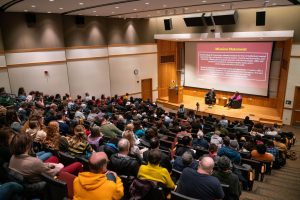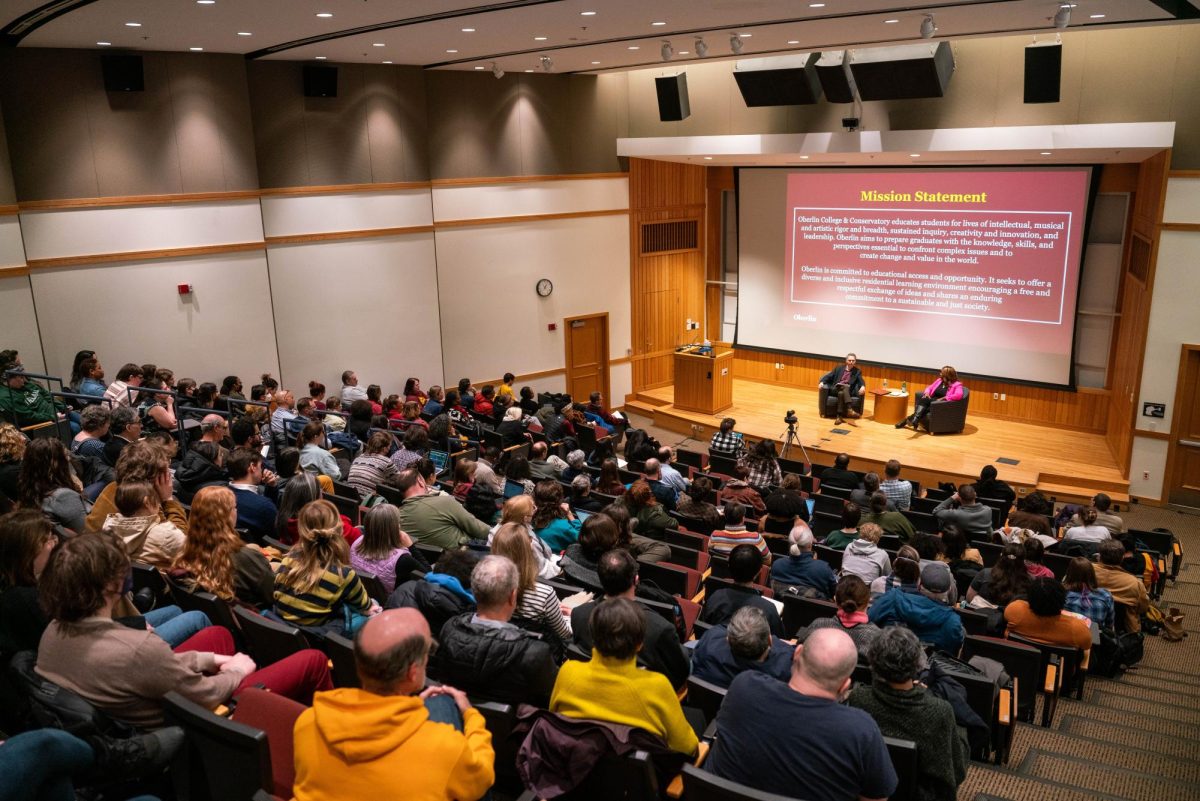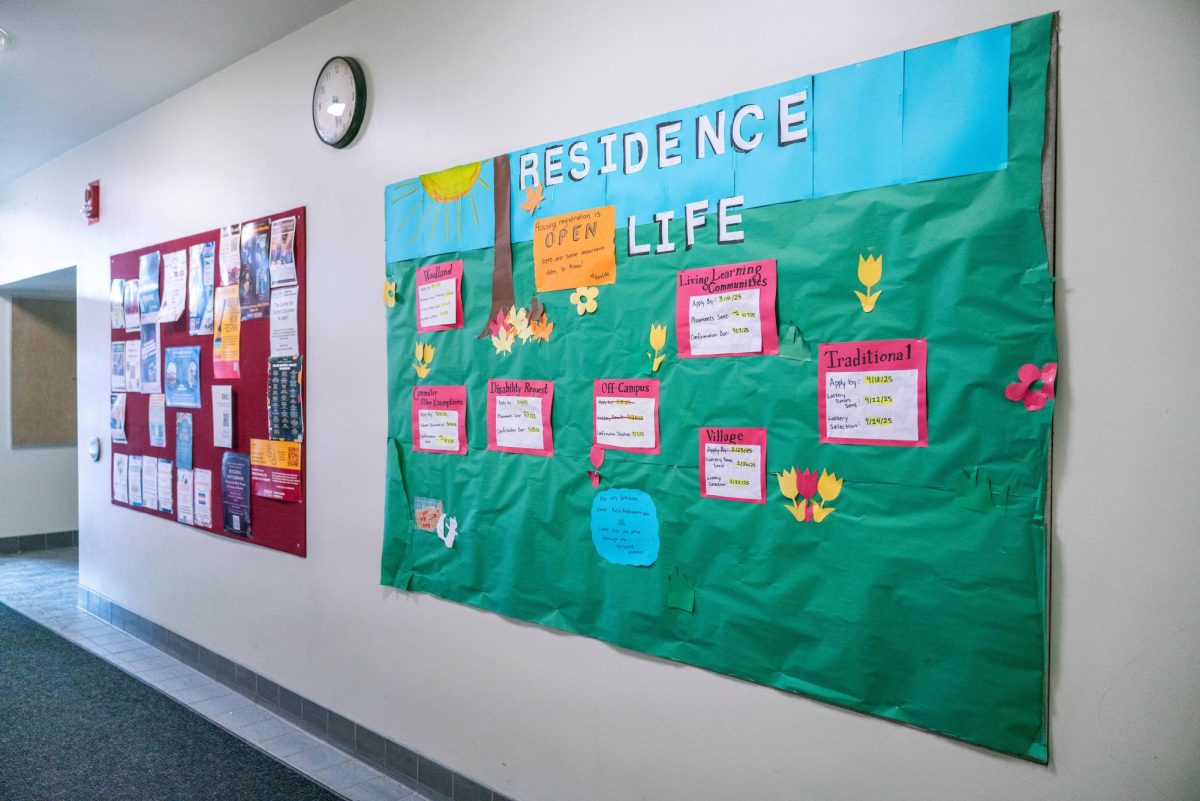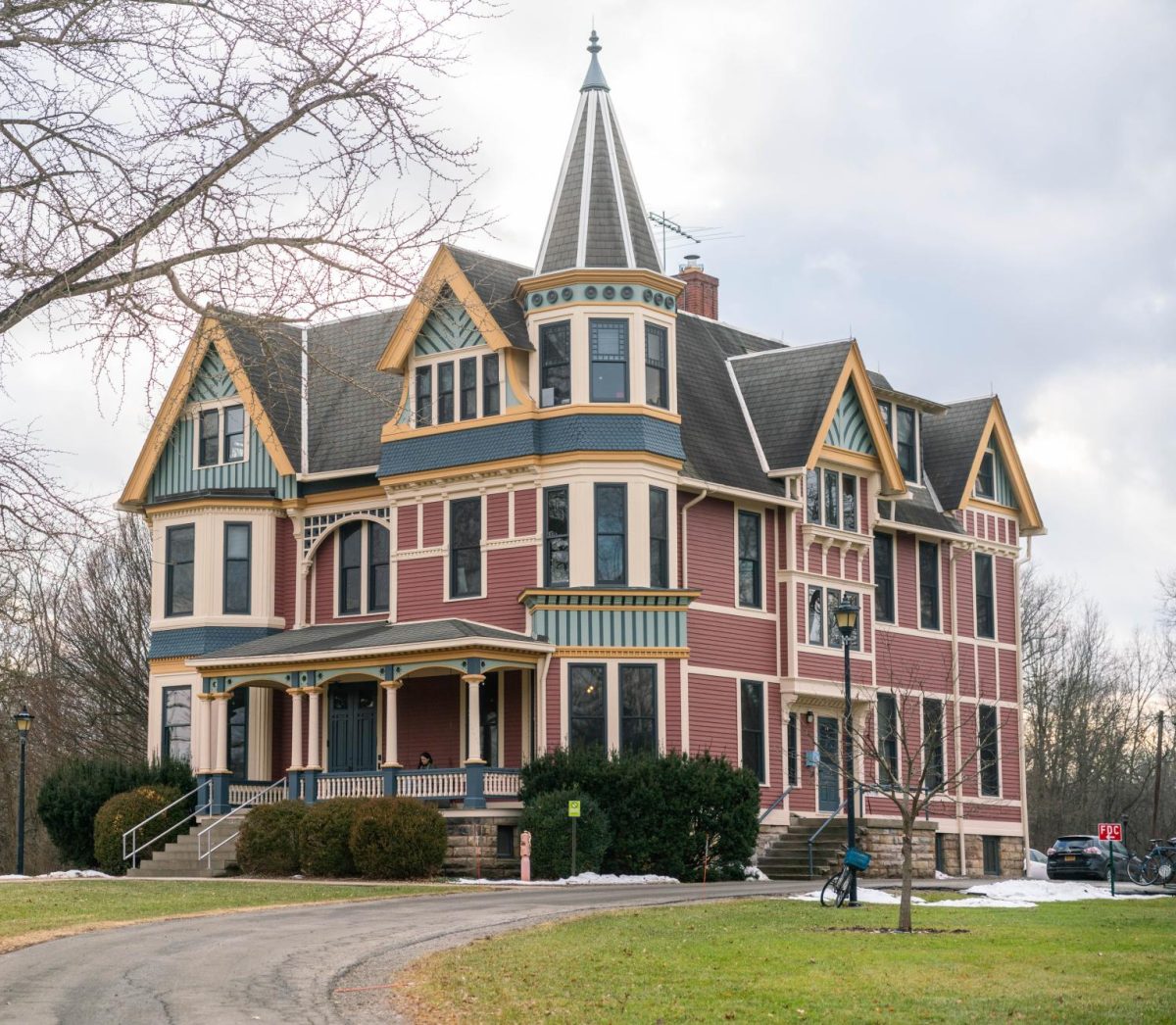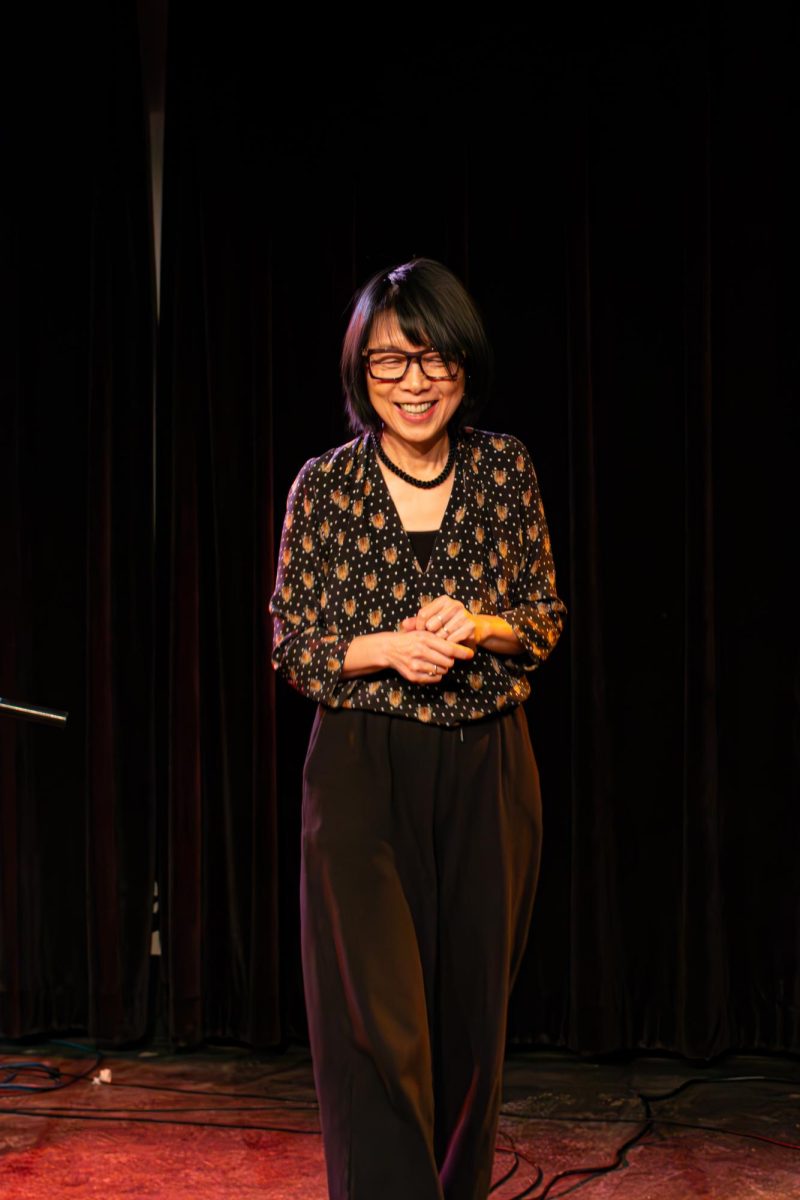MCAT Changes Structure, Requires Wider Breadth of Knowledge
March 9, 2012
Aspiring doctors typically enter medical school with strong backgrounds in the natural sciences, but recent changes to the Medical College Admission Test suggest that universities are seeking candidates with broader, well-rounded educational backgrounds.
Beginning in 2015, the MCAT will include several new sections including psychological, social, and biological foundations of behavior; critical analysis; and reasoning skills. The decision was made after three years of review and marks the first change to the exam in over 20 years.
“The MCAT exam has to keep up with the field of medicine, which changes rapidly,” said Ricci Sylla, a resident at Permanente Santa Clara Medical Center, in an informational video. “The doctors I work with and doctors everywhere today have to face a much more diverse and senior population than yesterday’s doctors.”
Members of the Association of American Medical Colleges are confident that the changes to the MCAT will change the way pre-medical students approach their undergraduate curriculum. Rather than exerting the bulk of their energy to their chemistry or neuroscience classes, students will need to develop foundations in natural sciences, social sciences, behavioral sciences and the humanities.
In addition, the new examination will test applicants’ endurance, as the updated version will last about six and a half hours, one full hour longer than the previous edition.
Administrators at Oberlin are confident that aspiring doctors will respond accordingly to the changes.
“Students at liberal arts colleges should be well-positioned for the proposed changes to the MCAT,” said Lynne Bianchi, chair of the Neuroscience department and the College’s coordinator for health career programs. “Although Oberlin does not have any specific curricular changes at this time, as it is too soon to know what the exam will encompass, health career advisors and faculty are watching developments closely. When the time comes, courses will be identified that will best prepare students for the different competencies needed for the MCAT and admission to medical schools.”
Some Oberlin pre-medical students, like College sophomore and Sociology and Biology double major Lillian Jahan, say they entered their undergraduate experiences determined to gain a well-rounded education regardless of specific components of the MCAT.
“I planned on taking a lot of natural science courses, but I also wanted to make sure I took classes in a lot of other subjects to broaden my learning experience,” said Jahan.
In an attempt to prepare future medical students for the new MCAT, the Association of American Medical Colleges has posted sample questions and a comprehensive list of concepts and topics on its website. The Association and some pre-medical students hope that a broader approach to the profession will ultimately result in doctors who are increasingly more skilled and prepared to care for their patients in a variety of different ways.
“Being a well-rounded student leads to becoming a better doctor,” said Jahan.



